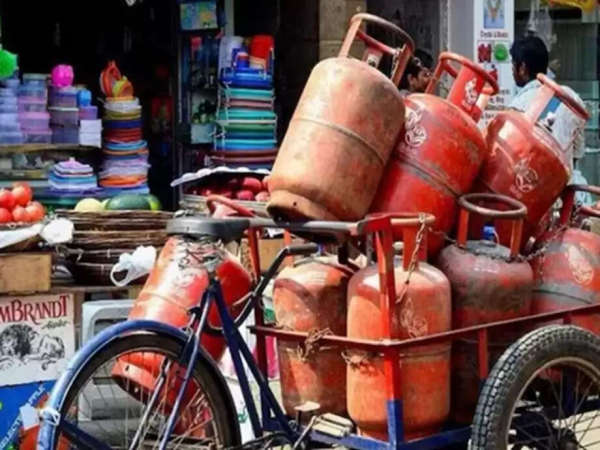
Protein is a vital nutrient that provides energy, boosts metabolism, burns fat, and supports muscle development. A lack of protein can hinder weight gain and prevent participation in high-intensity sports or workouts. In such cases, the body uses stored energy, which can lead to health damage, muscle loss, and strain on other critical organs like the heart.
However, consuming protein improperly can stress the kidneys, potentially leading to dehydration, kidney stones, or chronic kidney disease. Dr. Ha Tuan Hung, Deputy Head of the Nephrology – Dialysis Department at Tam Anh General Hospital in Hanoi, explains that the following common protein consumption mistakes can silently place a burden on the kidneys:
1. Overconsumption of animal protein
Consuming excessive amounts of protein-rich meats over extended periods can force the kidneys to process excess nitrogen, leading to dehydration, frequent urination, and a higher risk of kidney stones. Diets rich in animal protein but low in vegetables can also cause constipation due to the lack of fiber.
According to the American College of Sports Medicine (ACSM), it is essential to maintain a balanced diet and avoid overconsuming protein. Recommended intake is approximately 0.5–0.8 grams of protein per 0.45 kg of body weight (around 75–120 grams per day for a person weighing 68 kg).
The American Heart Association (AHA) recommends no more than 155 grams of lean meat per day, distributed across four to five meals a week, while also limiting red meat, saturated fats, sodium, and sugar.
|
Breakfast on a plate. Illustration photo by Pexels |
2. Relying on low-quality protein sources
Protein from low-quality sources, such as processed meats, canned foods, and items with preservatives, increases sodium intake and puts additional pressure on the kidneys. These foods often contain high levels of salt and additives, requiring the kidneys to work excessively to filter them out.
Processed meats are rich in protein, and if not managed properly, they can lead to kidney function deterioration, particularly in individuals with a history of kidney disease or those advised by doctors to monitor protein intake.
The AHA recommends prioritizing healthier, minimally processed protein sources like fish, white meat, nuts, and legumes. These foods provide high-quality protein and are lower in saturated fat and sodium than processed or red meats.
3. Imbalance of protein and other nutrients
The body can only effectively absorb about 20–25 grams of protein per meal. Excessive protein intake leads to the surplus being metabolized or excreted, which can increase the burden on the kidneys.
Dr. Hung advises consuming an adequate amount of easily absorbable protein, such as from eggs, chicken breast, salmon, and Greek yogurt, while also balancing plant-based protein sources.
4. Neglecting other nutrients
An imbalanced diet not only stresses the kidneys but also disrupts the body’s internal balance. Dr. Hung explains that consuming excessive protein while lacking carbohydrates and fats forces the body to use protein for energy. This process generates harmful metabolites, like urea, causing the kidneys to work harder to filter and excrete them, which can lead to kidney function impairment.
Lack of vegetables and fiber-rich foods can lead to digestive issues like constipation, impacting long-term gut health. A fiber deficiency may also result in conditions such as dyslipidemia, fatty liver, and diabetes, which can contribute to kidney damage. To maintain optimal health, it’s important to ensure a proper nutritional balance, include a variety of food sources, and stay hydrated.
5. Insufficient water intake
When consuming high levels of protein, the body produces more waste products like urea and uric acid, which require the liver and kidneys to work harder for elimination. Without sufficient water intake, the kidneys may become overwhelmed, leading to dehydration, kidney stones, electrolyte imbalance, and a decline in kidney function.
Therefore, a protein-rich diet coupled with insufficient water intake can worsen kidney damage in individuals with chronic kidney disease and increase the risk of kidney disease in healthy individuals.
To maintain kidney health, it is essential to drink enough water daily. Monitoring urine color can help, it should be pale yellow and clear. Typically, 2–3 liters of water a day is recommended, with increased intake needed for active individuals or those on weight loss regimens.
-
If you are taking travel insurance, keep these things in mind, medical cover alone will not work.

-
LPG link to Aadhaar: How to link LPG connection to Aadhaar, know the online step-by-step process..

-
Is someone else running a fake SIM card in your name? Check this before getting into trouble.

-
PAN Card Tips; Instant personal loan of Rs 5 lakh online! Know how PAN card can help you?

-
AC Tips: In which mode should AC be run during the rainy season? Electricity bill will be reduced..
